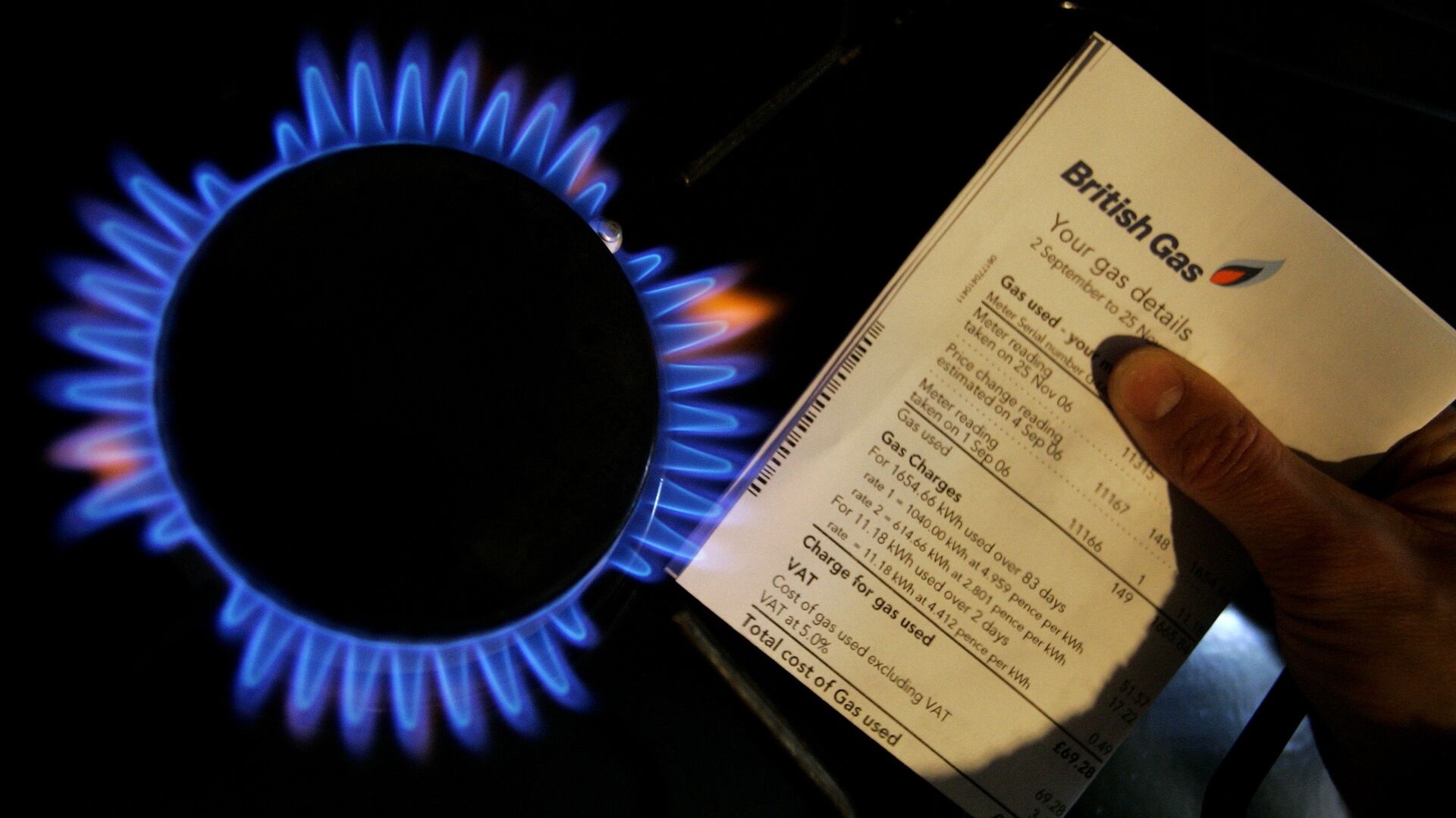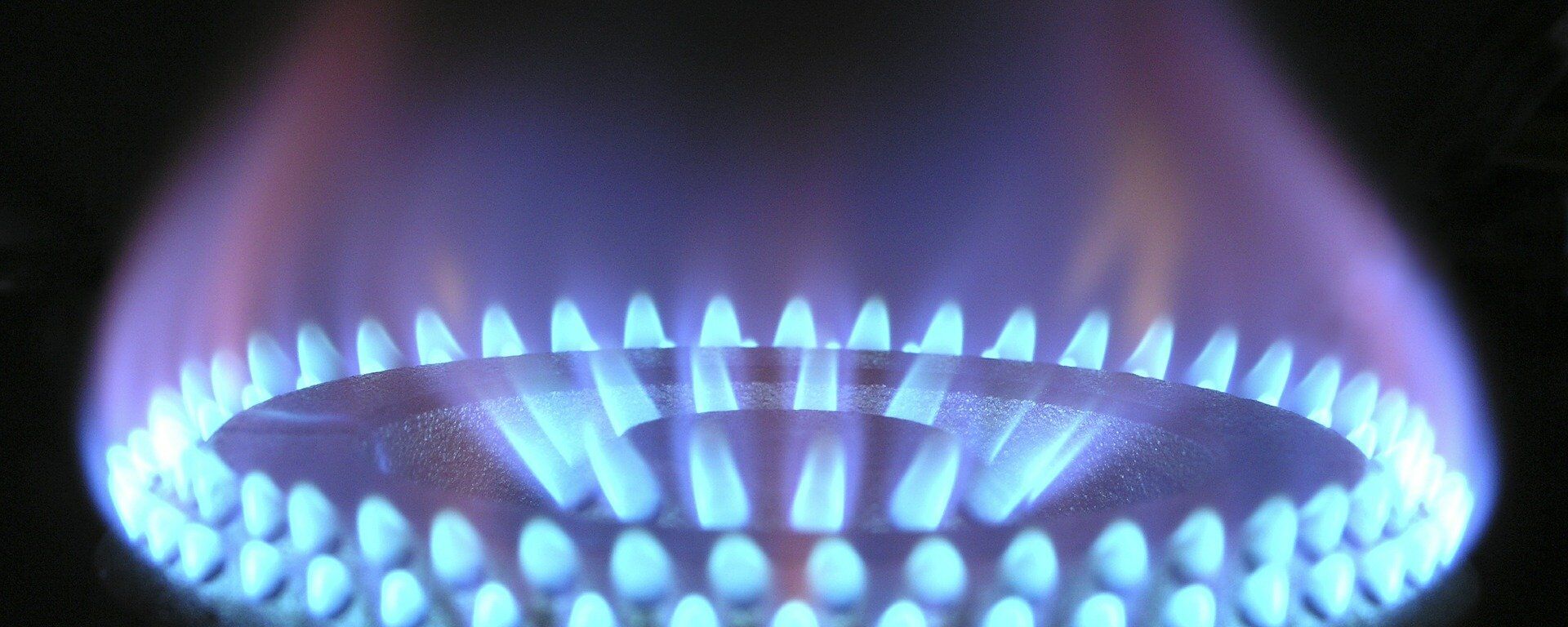https://sputnikglobe.com/20220527/sunaks-u-turn-on-energy-profits-levy-in-15bn-support-package-criticised-as-drop-in-the-ocean-1095814100.html
Sunak’s U-turn on ‘Energy Profits Levy’ in £15Bln Support Package Criticised as 'Drop in the Ocean’
Sunak’s U-turn on ‘Energy Profits Levy’ in £15Bln Support Package Criticised as 'Drop in the Ocean’
Sputnik International
UK Chancellor of the Exchequer Rishi Sunak announced a new package of financial support as he delivered a statement to the House of Commons on 26 May after he... 27.05.2022, Sputnik International
2022-05-27T05:30+0000
2022-05-27T05:30+0000
2023-05-28T15:19+0000
rishi sunak
cost of living
taxes
boris johnson
united kingdom (uk)
https://cdn1.img.sputnikglobe.com/img/105936/86/1059368607_0:224:3300:2080_1920x0_80_0_0_b00540f1361a0b879859bcdb7e2111b9.jpg
Rishi Sunak unveiled a £15Bln ($19Bln) emergency package of support in the House of Commons on Thursday to tackle the cost of living crisis, but critics have described the plan as no more than a “quick fix” which the Treasury “dithered and delayed” over for too long.The new support measures, coming on top of the £22Bln the Government announced in February, has been touted by Sunak as a “significant set of interventions” conceived to help the poorest in society. It is to be partly funded by a temporary windfall tax on oil and gas companies.This is a huge U-turn for the Government, which has adamantly resisted pressure from the opposition Labour party and the Liberal Democrats to introduce a levy on energy firms.Addressing MPs in the Commons, Sunak announced what he referred to as a “temporary” tax, with oil and gas companies set to be charged at a rate of 25 percent on profits to raise about £5Bln of the revenue for the support plan.The Chancellor said he had seen “extraordinary profits” reaped by energy firms as a result of “surging global commodity prices. However, he clarified that his plan represented a “sensible middle ground", as his plan included a new investment allowance that will mean “for every pound a company invests they will get back 90% in tax relief – the more the company invests the less tax they will pay”.The energy levy will also have a “sunset clause” written in to the legislation, signifying that it will be phased out "if oil and gas prices return to historically more affordable levels" and could be in place until the end of December 2025.The levy on energy companies had previously been rejected by government ministers and UK Prime Minister Boris Johnson, who warned it could deter much-needed investment.Announcing the measures on Thursday, Rishi Sunak said:The new support package includes:Thursday’s announcement came as inflation soared to a 40-year high, with prices rising by 9 percent a year in the UK. Energy bills are predicted to climb by a further £800, as energy watchdog Ofgem disclosed that the price cap on domestic fuels would probably soar to around £2,800 in autumn. The Bank of England fuelled the concerns when it warned that inflation might reach 10 percent within months and predicting "apocalyptic" food price rises, partly because of self-inflicted fall-out from sanctions the UK and other western countries have imposed on Russia over its special military operation in Ukraine.A ‘Sticking Plaster’ & ‘Quick Fix’Critics, however, have warned that the measures announced by the UK government still only amounted to a “sticking plaster” that failed to tackle the longer-term cost of living pressure on households.Rachel Reeves, the shadow chancellor, said Sunak’s U-turn on the windfall tax showed Labour was “winning the battle of ideas in Britain". She also argued that the change of heart had come months too late.Some Tory backbenchers also found fault with the levy: Richard Drax accused the Chancellor of “throwing red meat to socialists”, and Craig Mackinlay said:Stuart Rose, chairman of British supermarket chain Asda, warned that the measures were still only a “drop in the ocean", and Labour MP Kate Osborne said the U-turn is “just not enough”.TUC general-secretary Frances O’Grady said the Chancellor should have acted “far sooner than his inadequate Spring Statement” and that his “dither and delay has caused unnecessary hardship and worry for millions”.And general-secretary of the Unison trade union, Christina McAnea, warned that the emergency support announcement “took too long and isn’t enough”.BP, one of the oil and gas behemoths at which the tax is directed, released a statement in which it said:
https://sputnikglobe.com/20220425/uk-households-face-cost-of-living-hell-forced-to-choose-between-meals-or-heating-shows-poll-1095028889.html
https://sputnikglobe.com/20220524/uk-cap-on-home-energy-bills-set-to-rise-by-800-in-autumn-thanks-to-russia-sanctions-1095743458.html
united kingdom (uk)
Sputnik International
feedback@sputniknews.com
+74956456601
MIA „Rosiya Segodnya“
2022
News
en_EN
Sputnik International
feedback@sputniknews.com
+74956456601
MIA „Rosiya Segodnya“
Sputnik International
feedback@sputniknews.com
+74956456601
MIA „Rosiya Segodnya“
rishi sunak, cost of living, taxes, boris johnson, united kingdom (uk)
rishi sunak, cost of living, taxes, boris johnson, united kingdom (uk)
Sunak’s U-turn on ‘Energy Profits Levy’ in £15Bln Support Package Criticised as 'Drop in the Ocean’
05:30 GMT 27.05.2022 (Updated: 15:19 GMT 28.05.2023) UK Chancellor of the Exchequer Rishi Sunak announced a new package of financial support as he delivered a statement to the House of Commons on 26 May after he faced urgent calls to tackle the effect that soaring inflation - driven by the rising cost of electricity, gas and other fuels - is having on the cost of living.
Rishi Sunak unveiled a £15Bln ($19Bln)
emergency package of support in the House of Commons on Thursday to tackle the cost of living crisis, but critics have described the plan as no more than a “quick fix” which the Treasury “dithered and delayed” over for too long.
The new support measures, coming on top of the £22Bln the Government announced in February, has been touted by Sunak as a “significant set of interventions” conceived to help the poorest in society. It is to be partly funded by a temporary windfall tax on oil and gas companies.
This is a huge U-turn for the Government, which has adamantly resisted pressure from the opposition Labour party and the Liberal Democrats to introduce
a levy on energy firms.
Addressing MPs in the Commons, Sunak announced what he referred to as a “temporary” tax, with oil and gas companies set to be charged at a rate of 25 percent on profits to raise about £5Bln of the revenue for the support plan.
The Chancellor said he had seen “extraordinary profits” reaped by energy firms as a result of “surging global
commodity prices. However, he clarified that his plan represented a “sensible middle ground", as his plan included a new investment allowance that will mean “for every pound a company invests they will get back 90% in tax relief – the more the company invests the less tax they will pay”.
The energy levy will also have a “sunset clause” written in to the legislation, signifying that it will be phased out "if oil and gas prices return to historically more affordable levels" and could be in place until the end of December 2025.
The levy on energy companies had previously been rejected by government ministers and UK Prime Minister Boris Johnson, who warned it could deter much-needed investment.
Announcing the measures on Thursday, Rishi Sunak said:
"We will get through this, we have the tools and the determination we need to combat and reduce inflation. We will make sure the most vulnerable and least well off get the support they need at this time of difficulty… We know that households are being hit hard right now. We will provide significant support to the British people."
The new support package includes:
Temporary targeted levy of 25 percent on profits of oil and gas firms, which is to be phased out when prices return to normal.
Some eight million people already receiving welfare support will receive a one-off cost of living payment of £650.
Pensioners who receive the winter fuel payment will get an additional one-off payment of £300.
The £200 energy bill rebate loan the government planned to give households in October is to be doubled and transformed into a loan. Thus, every UK household will receive a £400 discount on energy bills.
An additional £500Mln is to be delivered to the household support fund by local councils, increasing it to a total £1.5Bln
There will be an extra £150 payment for six million people who receive disability benefits
Thursday’s announcement came as inflation soared to a 40-year high, with prices rising by 9 percent a year in the UK. Energy bills are predicted to climb by a further £800, as energy watchdog Ofgem disclosed that the price cap on domestic fuels would probably soar to around £2,800 in autumn.
The Bank of England fuelled the concerns when it warned that inflation might reach 10 percent within months and predicting "apocalyptic" food price rises, partly because of self-inflicted fall-out from sanctions the UK and other western countries have imposed on Russia over its special military operation in Ukraine.
A ‘Sticking Plaster’ & ‘Quick Fix’
Critics, however, have warned that the measures announced by the UK government still only amounted to a “sticking plaster” that failed to tackle the longer-term cost of living pressure on households.
Rachel Reeves, the shadow chancellor, said Sunak’s U-turn on the windfall tax showed Labour was “winning the battle of ideas in Britain". She also argued that the change of heart had come months too late.
“Today it feels as though the Chancellor has finally realised the problems that the country is facing… We first called for a windfall tax on oil and gas producers nearly five months ago to help struggling families and pensioners.”
Some Tory backbenchers also found fault with the levy: Richard Drax accused the Chancellor of “throwing red meat to socialists”, and Craig Mackinlay said:
“Higher taxes can never mean lower prices. All in all, I’m disappointed, embarrassed and appalled that a Conservative Chancellor could come up with this tripe.”
Stuart Rose, chairman of British supermarket chain Asda, warned that the measures were still only a “drop in the ocean", and Labour MP Kate Osborne said the U-turn is “just not enough”.
TUC general-secretary Frances O’Grady said the Chancellor should have acted “far sooner than his inadequate Spring Statement” and that his “dither and delay has caused unnecessary hardship and worry for millions”.
And general-secretary of the Unison trade union, Christina McAnea, warned that the emergency support announcement “took too long and isn’t enough”.
“It’s a quick fix instead of a proper plan to prevent the spread of despair and poverty. Rishi Sunak should have gone so much further,” she said.
BP, one of the oil and gas behemoths at which the tax is directed, released a statement in which it said:
“Today’s announcement is not for a one-off tax – it is a multi-year proposal. Naturally we will now need to look at the impact of both the new levy and the tax relief on our North Sea investment plans."





